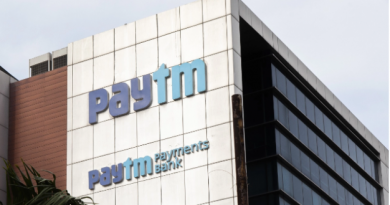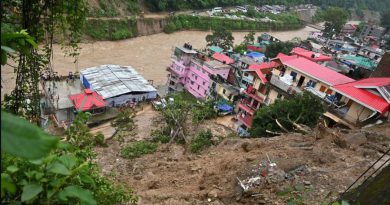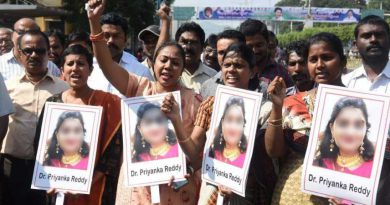Israel’s Netanyahu sets April target for reopening economy
Jerusalem (Reuters) – Israel aims to reopen its economy by April 5 after having vaccinated all its eligible population and is in talks with vaccine makers Pfizer and Moderna to open facilities in the country, Prime Minister Benjamin Netanyahu said on Wednesday.
Israel has been importing Pfizer-BioNTech PFE.N, BNTX.O and Moderna Inc MRNA.O vaccines. It has administered at least one Pfizer dose to almost 50% of its 9 million population so far in one of the world’s swiftest campaigns.
On Sunday, Israel reopened many businesses, including street shops and malls though with some leisure facilities being open only to people immunised by vaccine or by having recovered from COVID-19. Many school children have returned to class but middle-school pupils are still home-learning, while restaurants are allowed to provide take-out and deliveries only.
Speaking to reporters in Tel Aviv, Netanyahu said all eligible Israelis, 16 years of age and up, were expected to have been inoculated by the end of March, allowing a full reopening of the economy by April 5.
Seeking re-election in a March 23 ballot, Netanyahu also said he was in talks with the heads of Pfizer and Moderna. “We are going to establish two factories here that will make Israel part of the global vaccine supply chain,” he said.
Netanyahu said one would manufacture vials for Moderna and the other would be a research and development centre for Pfizer. There was no immediate comment from either company.
On Tuesday Israel said it was giving small amounts of surplus COVID-19 vaccines to Palestinian-run territories as well as to several countries.
This month the Palestinians received an initial shipment of Moderna doses from Israel, helping to kick off a limited vaccination programme in Gaza and the Israeli-occupied West Bank. While Israel has been vaccinating Palestinians in East Jerusalem, it had come under foreign criticism for not extending its campaign to the other Palestinian areas.



